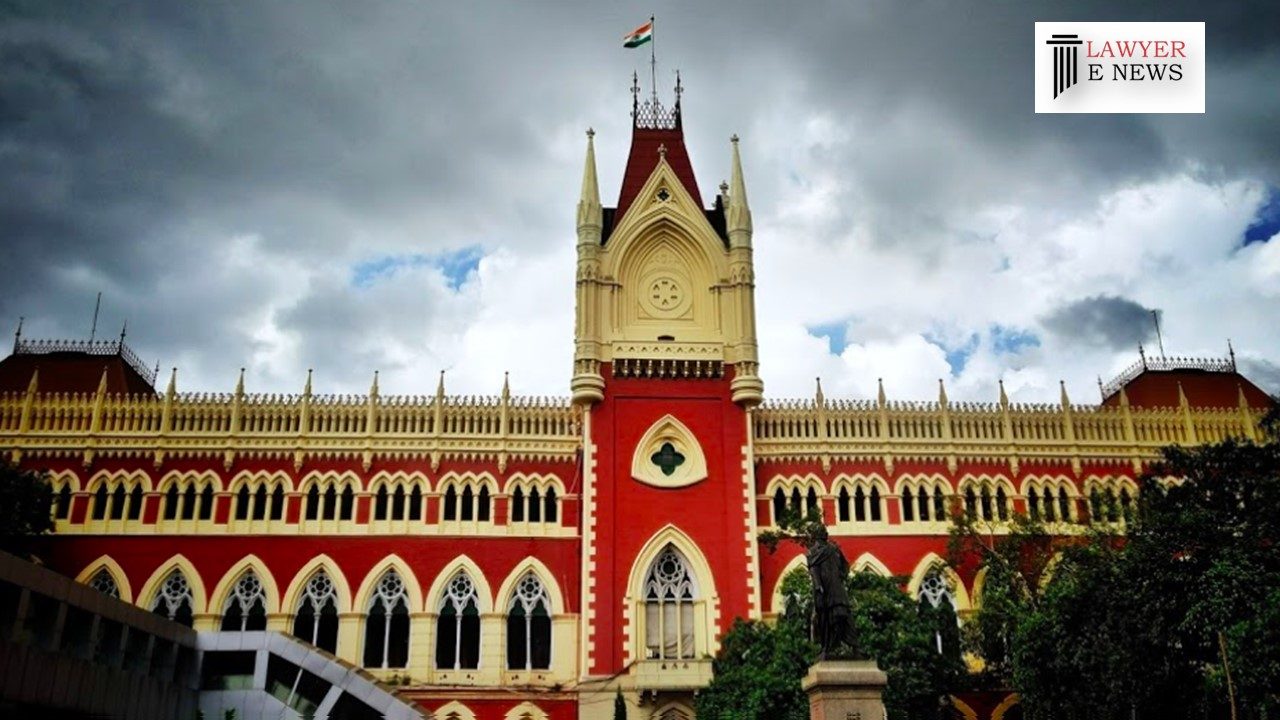-
by Admin
15 February 2026 2:16 AM



In a significant ruling, the Calcutta High Court has held that a trust created by will can be revoked by the testator at any time before his death, thereby affirming the authority of a settlor to revoke a deed of trust. The bench led by The Hon’ble Justice Ajoy Kumar Mukherjee delivered the judgment in the case concerning the family dispute over a property trust and its subsequent revocation.
The dispute centers around a family settlement deed executed on July 3, 1992, by Sudhangshu Sekhar Dhara, distributing his property among his children and retaining a life interest for himself, with the remainder interest vesting in his children upon his demise. Sudhangshu later revoked this settlement by a deed dated January 3, 1996. The plaintiffs, some of Sudhangshu’s children, challenged the revocation, claiming their rights to the property as absolute owners and sought cancellation of the revocation deed.
The trial court dismissed the suit, interpreting the 1992 deed as a trust created by will, thereby revocable under Section 78 of the Indian Trusts Act, 1882. The appellate court upheld the dismissal but ordered a remand for partition proceedings, which was contested in the High Court.
Trust vs. Settlement: The High Court clarified the nature of the 1992 deed, identifying it as a trust created by will. The court noted, “The recitals in the document is to be read as a whole… the executant in various places made it clear that he had not divested himself of the title of the property… it is construed as a trust created by will, then under section 78, the trust created by will can be revoked at the pleasure of the testator at any time before his death.”
Validity of Revocation: The court upheld the revocation of the trust, stating that Sudhangshu had the authority to revoke the 1992 deed, which he exercised properly before his death.
Inappropriateness of Remand: Justice Mukherjee criticized the appellate court’s decision to remand the case for partition, stating, “It is needless to reiterate that remanding a case for fresh decision in the matter like the present one is nothing but harassment of the litigant.” The High Court found that the evidence was sufficient to settle the dispute without remand, directing the case to be disposed of in accordance with Order XLI Rule 24 read with Rule 33, emphasizing the appellate court’s ability to finalize the partition decree based on existing records.
Decision: The High Court allowed the appeal in part, setting aside the order of remand and instructing the lower court to finalize the partition decree, thereby potentially concluding a long-standing family dispute over property distribution.
Date of Decision: 10th May 2024
Sandhya Dhara & Others vs. Saradindu Dhara & Others
